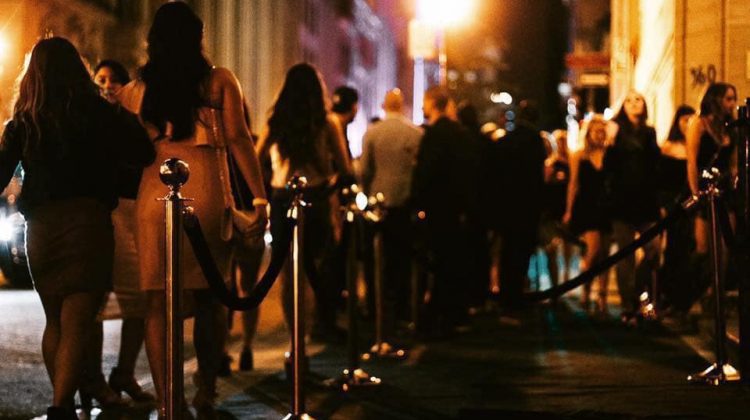Toronto’s bustling nightlife is on the cusp of transformation as new bylaws take effect this New Year’s Day. These regulations aim to decentralize the city’s entertainment industry, currently concentrated in the downtown core, and spread it across various neighborhoods. The change seeks to address longstanding issues with overcrowding and uneven development in Toronto’s nightlife landscape.
For years, King Street has been the epicenter of Toronto’s clubbing scene. While the area boasts a vibrant nightlife, the high density of venues has created challenges. Charles Kabo, a prominent nightclub owner, expressed concerns about the saturation, fearing it could backfire and harm the neighborhood’s allure. He points out that Toronto’s nightlife lags behind other global cities, which have more diverse and expansive nightlife hubs.
City Hall has responded with new bylaws that allow nightclubs to open in commercial areas throughout the city, aiming to alleviate the burden on King Street. These changes promise a more balanced distribution of venues, giving other neighborhoods a chance to thrive. Furthermore, the city has introduced a “night mayor” to oversee the nightlife industry and advocate for its growth while addressing concerns from business owners and residents alike.
A contentious issue within Toronto’s nightlife is the city’s early last call at 2 a.m. Many club owners and patrons argue that extending operating hours would align Toronto with other global cities where nightlife stretches well into the early morning hours. However, changes to alcohol-serving regulations fall under provincial jurisdiction, limiting the city’s ability to make sweeping adjustments.
Starting in 2025, the bylaws will also require all new nightclubs to operate in nonresidential buildings, occupy only the first floor or basement, and be the sole club in the building. While these regulations won’t affect existing venues, they mark a significant shift in how Toronto’s nightlife will evolve. As these changes unfold, the city aims to create a more inclusive, dynamic, and sustainable nightlife scene for residents and visitors alike.

